Raynor Winn Responds Forcefully to “Misleading” Allegations Regarding “The Salt Path”
Raynor Winn Defends Her Narrative Amidst Newspaper Allegations
Acclaimed author Raynor Winn has vehemently denied recent allegations suggesting she misled readers about her personal experiences detailed in her bestselling memoir, “The Salt Path.” A thorough investigation by The Observer newspaper put forth claims that Winn misrepresented crucial elements of her life story, including the circumstances leading to her and her husband’s homelessness, and the nature of her husband’s debilitating illness. In response, Winn has released a comprehensive 2,300-word statement, published on her official website, to directly address and refute these accusations, asserting the accuracy of her published accounts.
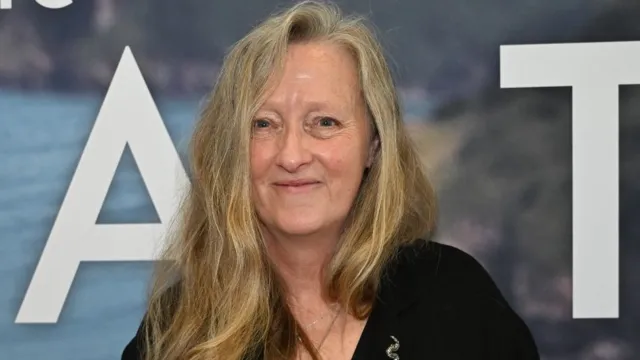
Central to the controversy are the assertions regarding her husband, Moth’s, diagnosis of corticobasal degeneration (CBD), a rare and aggressive neurological condition. The Observer cited medical experts who expressed skepticism about the diagnosis, given Moth’s apparent ability to manage his symptoms and his prolonged survival post-diagnosis. However, Winn presented documentation intended to substantiate Moth’s condition, including letters from medical professionals acknowledging or referring to his symptoms and suggesting a potential diagnosis of an atypical form of CBD or a similar rare disorder. Winn emphasized that her depiction of Moth’s illness in her books is a personal account of his journey and battle, not medical advice, and she expressed gratitude for the “indolent” progression of his version of CBS, which has allowed them time to discover the therapeutic benefits of walking.
Winn also addressed the claims about the loss of their home. The Observer suggested the couple did not lose their home due to a business deal, as originally suggested, but rather due to an inability to repay a £100,000 loan taken out to cover money Winn was accused of stealing from a previous employer. Winn, while acknowledging a past dispute with an employer that occurred during a “pressured time” prior to the 2008 economic crash, stated that she was questioned by police but never charged. She clarified that the matter was settled on a “non-admissions basis” and that her employer was equally keen on a private resolution. Winn reiterated that the financial difficulties leading to the loss of their home were indeed related to a failed investment in a friend’s property portfolio, as detailed in “The Salt Path,” and not connected to the separate dispute with her former employer. She explained that their home was repossessed after a loan secured against it, with an 18% interest rate, was not repaid when the friend’s company went into liquidation.
Furthermore, Winn contested the newspaper’s portrayal of their property in southwest France, describing it as an uninhabitable ruin with missing walls and a collapsed roof, and stated they had not visited since 2007. She refuted the insinuation that they were not truly homeless, a core premise of her book, calling it “utterly unfounded.” Winn also addressed her use of “Raynor” as her pen name, explaining it is her maiden name and she prefers it to her legal first name, Sally. Similarly, “Moth” is a shortened version of her husband Timothy’s name. She denied they were “hiding behind pseudonyms,” noting that friends use both their legal and preferred names interchangeably.
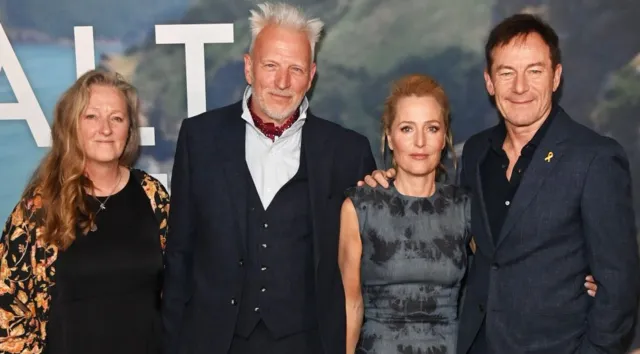
Winn also stated that she believes she has now tracked down and repaid all outstanding debts, clarifying that any past financial indiscretions were addressed and settled. She asserted that a credit check would confirm their current financial standing. The author’s detailed response aims to set the record straight, reaffirming the authenticity of her experiences and the narrative presented in “The Salt Path,” a book that has resonated deeply with readers worldwide for its themes of resilience, love, and the healing power of nature.
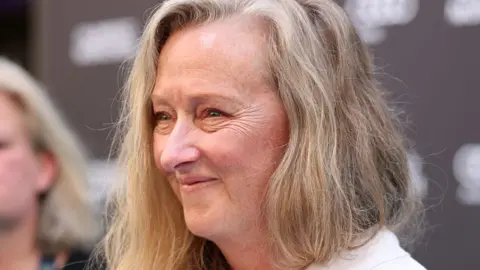
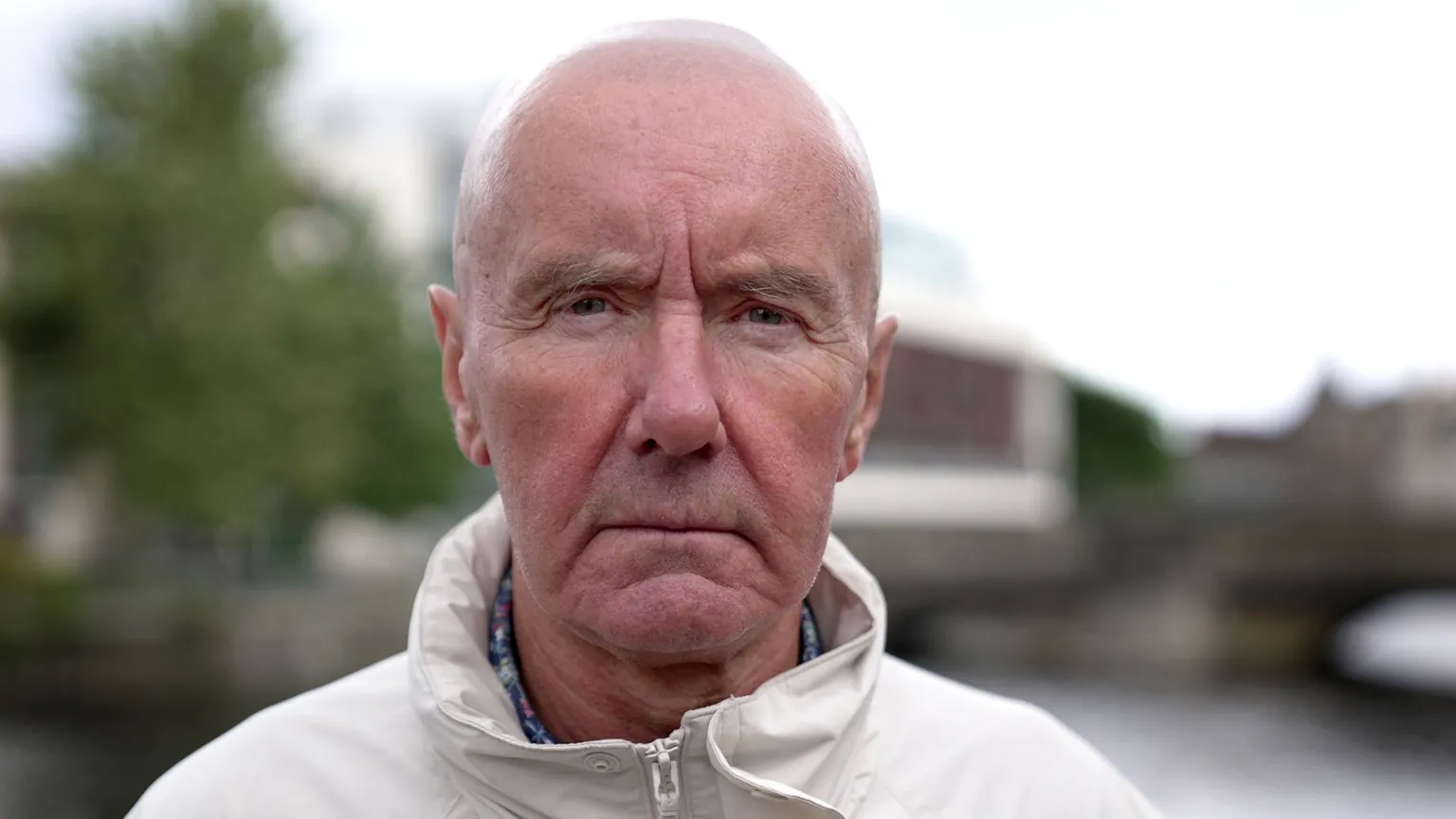
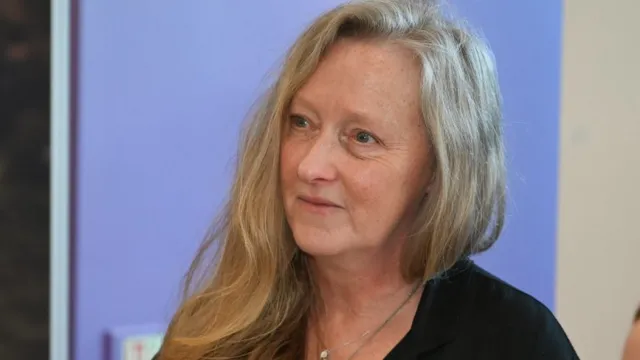
Post Comment